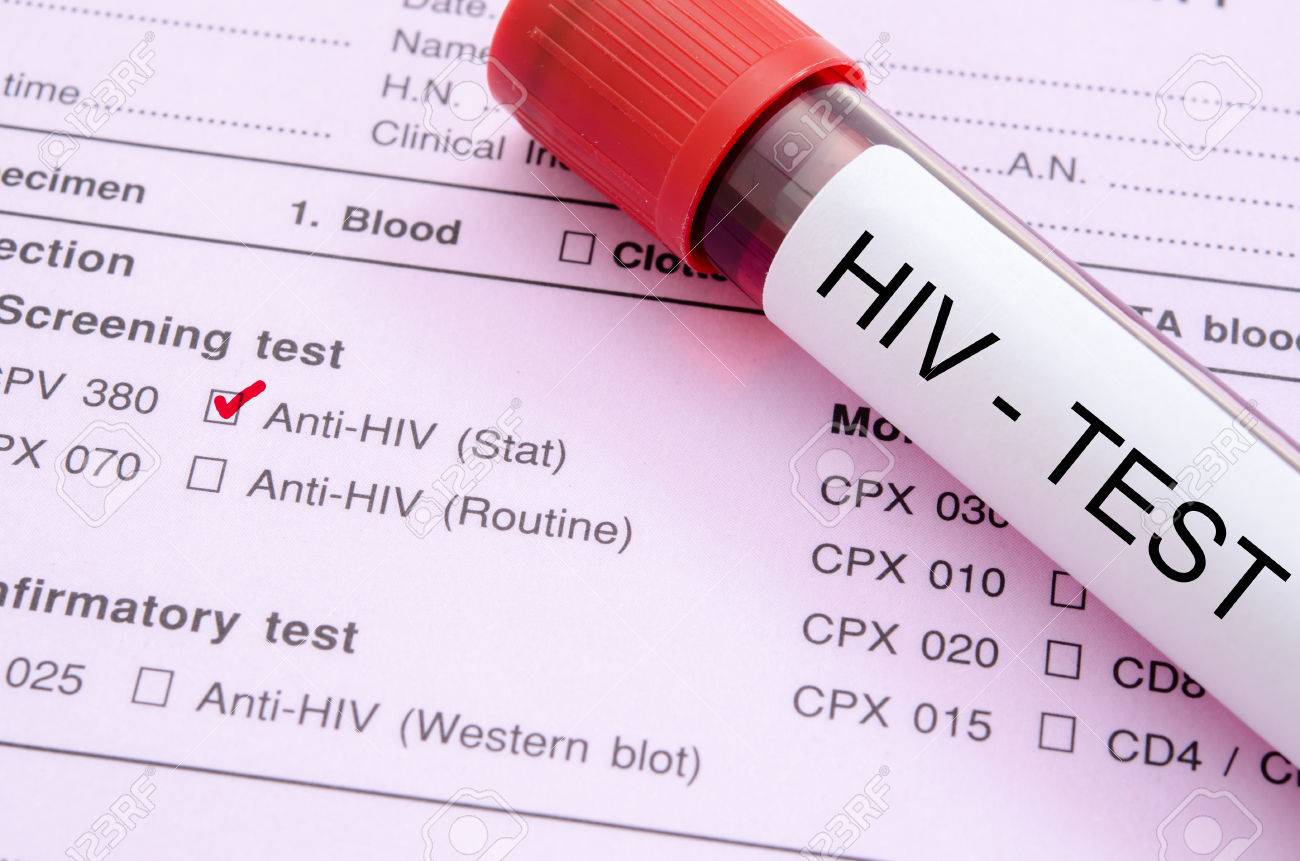HIV prevention: New study reveals injectable drug more effective than daily pills
Data presented at the ongoing 23rd International AIDS Conference (AIDS 2020: Virtual) has revealed that long-acting injectable cabotegravir is more effective in preventing HIV than daily oral Truvada. The HPTN 083 clinical trial is the first study to compare the efficacy of long-acting injectable cabotegravir with daily oral Truvada for HIV Pre-exposure prophylaxis (PrEP). OraQuick, […]

Data presented at the ongoing 23rd International AIDS Conference (AIDS 2020: Virtual) has revealed that long-acting injectable cabotegravir is more effective in preventing HIV than daily oral Truvada.
The HPTN 083 clinical trial is the first study to compare the efficacy of long-acting injectable cabotegravir with daily oral Truvada for HIV Pre-exposure prophylaxis (PrEP).
- OraQuick, new HIV self-test kit to drive fight against virus in Nigeria
- HIV/AIDS not deadlier than COVID-19
Pre-exposure prophylaxis (PrEP), is a procedure for people who do not have HIV but who are at substantial risk of contracting the virus. A pill is recommended everyday to prevent HIV infection.
The pill (brand name Truvada) which contains two medicines (tenofovir and emtricitabine) are used in combination with other medicines to treat HIV.
The trial enrolled 4,570 cisgender men and transgender women who have sex with men at 43 sites in Argentina, Brazil, Peru, United States, South Africa, Thailand and Vietnam.
In May, the study was stopped, but interim data showed that long-acting cabotegravir, when given by injection every two months, is highly effective for preventing HIV in cisgender men and transgender women who have sex with men.
The updated results announced at Tuesday press conference found that cabotegravir for long-acting injectable PrEP was not only just as effective, but superior, to daily, oral Truvada for PrEP.
“Final data analysis from HPTN 083 study at AIDS 2020 shows investigational, long-acting injectable cabotegravir administered every two months is 66% more effective than daily pills in preventing HIV-1 acquisition,” ViiV Healthcare, the global specialist HIV company majorly owned by GSK, with Pfizer Inc. and Shionogi Limited as shareholders said.
Raphael J Landovitz of the UCLA Center for Clinical AIDS Research & Education reported that adherence for daily, oral treatment regimens have proven difficult to maintain and that a safe injection every two months was an appealing alternative for people around the world.
Kimberly Smith, Head of Research & Development at ViiV Healthcare, said: “These data are truly ground-breaking, demonstrating that long-acting injectable cabotegravir dosed every two months is superior to daily oral FTC/TDF at preventing HIV in at-risk men and transgender women who have sex with men. This advancement has the potential to be a game-changer for HIV prevention, offering an option with very high rates of effectiveness and the convenience of reduced dosing from daily to just six times per year. “
Myron S. Cohen, Co-Principal Investigator of the HPTN and the Yeargan-Bate Distinguished Professor of Medicine, Microbiology and Immunology and Epidemiology at the University of North Carolina (UNC) at Chapel Hill, said: “Medicines that help prevent new HIV incidence are essential to our ongoing global fight to end the HIV epidemic. It’s exciting to discover that with injectable, long-acting cabotegravir, we now have compelling clinical evidence of another effective PrEP option that could play a critical role in helping to reduce HIV transmission that will ultimately save lives.”
The conference also highlighted other studies covering prevention, treatment and cure research selected from the thousands of abstracts being presented at AIDS 2020: Virtual.
This includes what may be the first report of an adult with HIV to achieve long-term HIV remission without the need for a bone marrow transplant, and promising new insights on PrEP’s impact on reducing HIV incidence in rural Kenya and Uganda, encouraging data on the potential link between dolutegravir and neural tube defects, as well as positive results in a trial comparing multidrug antiretroviral therapies.
Since 1985 the International AIDS Conference has helped answer the most pressing research questions in HIV, and this year is no different,” Anton Pozniak, President of the International AIDS Society and International Chair of AIDS 2020: Virtual, said. “The studies presented at AIDS 2020: Virtual advance our knowledge on multiple fronts, knowledge that can potentially help the communities and regions most impacted by HIV worldwide.”
